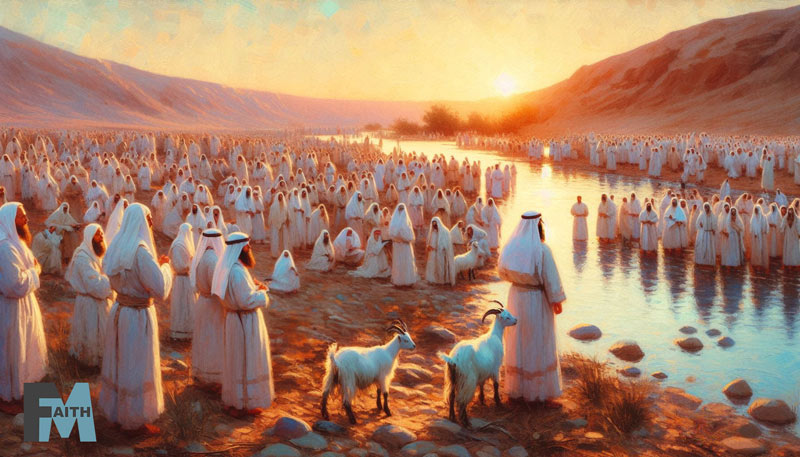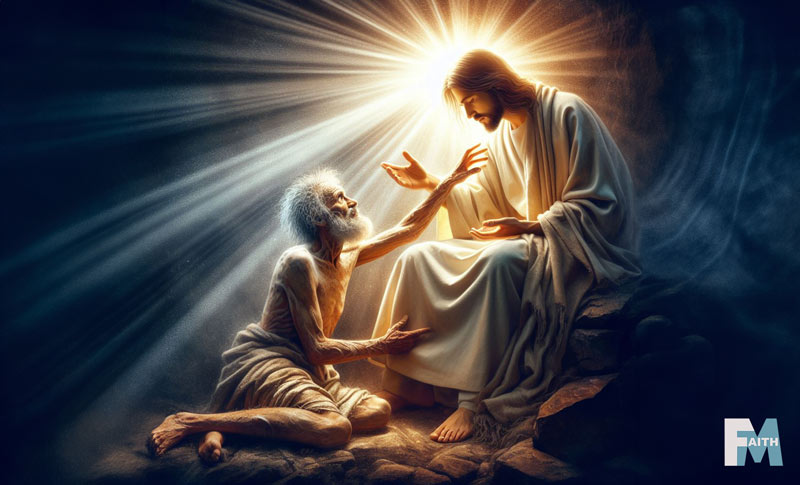Psalm 15: Psalms as Torah
Welcome to the series where we will be investigating each psalm in light of the Torah, honor and shame, justice & righteousness, and analyzing the genre of each psalm and its relationship to the surrounding psalms. I would challenge each of you to read the psalms which will be covered for yourself prior to watching the teaching and reflect upon how each functions as a form of worship to YHWH. Psalm 15 gives us insight into the requirements for entering the Temple in order to commune with God. Rather than ritual requirements, this Psalm focuses upon the ethical requirements of how to treat your fellow man as the means for being in God's image and entering His house.
O YHWH, who shall sojourn in your tent? Who shall dwell on your holy hill? He who walks blamelessly and does what is right and speaks truth in his heart; who does not slander with his tongue and does no evil to his neighbor, nor takes up a reproach against his friend; in whose eyes a vile person is despised, but who honors those who fear YHWH;
Oops! You don't have access to this content!
You will need Silver level access to watch this teaching.
Alternatively, you can purchase this teaching on DVD or download via the Digital Download store.







Great teaching Ryan!!! So timely for us to hear!
Really good stuff here, Ryan, THANK YOU!
I had to smile when i heard you calling for us to become HaShem’s idols because i’m halfway through Michael Heiser’s book The Unseen Realm where he teaches צֶלֶם tselem in some depth, and ends up calling us by his coined word, “imagers.” Imagers, who were to image their Creator and that “the original task of humanity was to make the entire Earth like Eden.” So far i’d highly recommend adding his book to one’s library. Even though Heiser’s template is still quite “believers” replacing Israel, the rest of the research is impeccable and sheds a truly helpful light on Elohim’s divine council in Psalm 82.
Yep, I have both of his books but haven’t had a chance to read them yet. I’m considering just getting the audio versions and listening on the way to work 🙂
Enjoying the teachings so . It’s helping me understand King David’s heart better. Was named after him and was read the Psalms by my mother even before birth and very much in childhood by her . Side note Ryan I have tried alot to sign up for the mailing list many times but have not been receiving anything that I can tell. Thanks so much and Hag Samach be blessed. David Macomber
Thanks David!
Sorry about the email list, I just haven’t sent out an email in a while. I will try to remedy that soon 🙂
This is really good. I’m somewhat confused about the requirements of entering the temple. Is that the same as being in covenant. Exodus 31:14 and 15 says you are to be put to death if you don’t keep the Sabbath. Yet if the psalms seem to have different “love” type requirements for entering the temple. I guess I’m just confused. I hear of others who keep the Sabbath but are not “good. ” and others who don’t keep but love amazingly and walks blameless. Hopefully I have not confused you. I’m left wondering which is it? I’m looking forward to the learning the rest of psalms.
Great question! The way I look at it is that the Psalms serve to balance the Torah. Many of the commands in the Torah are given in the context of Israel coming out of Egypt, out of idolatry. So many of the commands focus on prohibitions that are intended to keep Israel from slipping back into idolatry and into an oppressive, caste system. The Psalms focus on the heart of the reader, on the positive actions (I.e. This is what it looks like when you are properly living). Perhaps a way to put it is that the Torah tends to focus on the outer while the Psalms tends to focus on the inner. We should strive for a combination of both inner and outer, with the inner directing the outer.
But as you point out, just because someone keeps the outward observance of Shabbat, doesn’t make them a good person and the lack of Shabbat observance doesn’t make the person bad. In reality, most people in Western culture do “keep” the Sabbath in a fashion. The Sabbath command has two primary intentions: 1) To give people a day off. Man was not created to work seven days a week like Israel was forced to in Egypt. Western culture has a 5 day work week so we are actually exceeding the mandatory day off. Thus, blessing. But most fail #2) Sabbath is tied to the 7th day of the week because it is an act of worship; giving thanks and acknowledging our Creator’s sovereignty by resting specifically on the day that He rested after creation. Thus, people who truly are good people can only stand to be better when they choose to worship God by acknowleding His creational power.
Thank you.